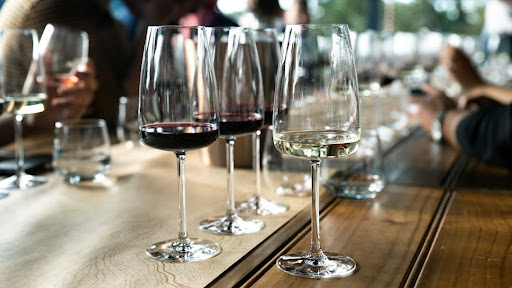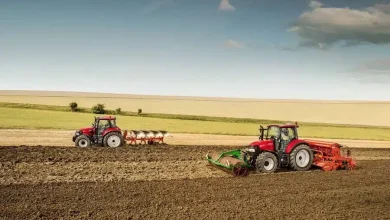A Private Tour Guide to the Secret Art of Wine Tasting

A comprehensive guide to mastering the art of wine tasting on private tours, exploring the sensory experience, influencing factors, and immersive experiences offered by renowned wineries.
Wine tasting is a sensory experience that involves engaging the senses of sight, smell, taste, and touch to fully appreciate the complexities of different wines. Private tours offer an intimate setting for enthusiasts to explore wines in-depth, providing a personalized and educational experience. Developing a palate for wine tasting requires practice and exposure to a variety of wines to discern nuances in flavors and aromas.
Exploring different types of superconductors can help in understanding the variety of materials that exhibit unique properties. For example, high-temperature superconductors, such as cuprate superconductors, operate at relatively higher temperatures compared to conventional superconductors, opening up possibilities for practical applications.
Exploring the Basics of Wine Tasting
The appearance of wine, including its color, clarity, and “legs” or the way it clings to the glass, can provide insights into its age, quality, and grape variety. Swirling the wine in the glass releases volatile compounds, enhancing the perception of aromas. When tasting wine, enthusiasts assess its structure, balance, complexity, sweetness, acidity, tannins, body, flavor profile, and aftertaste to evaluate its overall quality and characteristics.
For instance, when exploring a private wine tour on a Douro Valley wine tour, visitors have the opportunity to taste wines in their terroir, experiencing the unique flavors and aromas influenced by the region’s climate, soil, and winemaking traditions.
Factors Influencing Wine Tasting
Various factors influence the flavor profile of wines, including the type of grape used, winemaking techniques employed, and the aging process. Environmental factors such as climate, soil composition, altitude, and rainfall also play a crucial role in shaping the distinct characteristics of wines from different regions. Understanding how acidity, tannins, and sweetness interact in wine helps enthusiasts appreciate the complexity and depth of different varietals.
Immersive Experiences on Private Wine Tours
Private wine tours in regions like Porto and Douro Valley, like the exclusive tours offered by The Road Butler, provide wine enthusiasts access to renowned wineries, picturesque vineyard landscapes, and interactions with expert winemakers. These tours provide insights into the art and science of winemaking, allowing visitors to deepen their understanding of different winemaking techniques and regional wine varietals. Tasting wines in their terroir enhances the overall appreciation for the unique characteristics and flavors of wines produced in specific regions.
Engaging with winemakers during wine tastings provides a personalized and enriching experience, allowing enthusiasts to learn about the craftsmanship and passion that goes into producing each bottle of wine.
Enhancing the Wine Tasting Journey
Keeping a wine journal to record tasting notes, impressions, and observations can help enthusiasts track their tasting experiences and develop their tasting skills over time. Participating in blind tastings, where the wines are served without revealing their identity, can challenge and refine one’s ability to identify different flavors and aromas. Additionally, attending wine classes, workshops, and tastings can broaden one’s knowledge of different wine regions, grape varieties, and winemaking styles, enhancing the overall wine tasting journey.
For instance, exploring food and wine pairings can elevate the tasting experience, as certain dishes complement specific wine flavors and enhance the overall sensory experience.
The Scientific Insights into Wine Tasting
Researchers are utilizing scientific methods to understand and control the flavor components of wine, including isolating key molecules to recreate wine flavors synthetically. Environmental factors like altitude, temperature variations, and sunlight exposure significantly influence grape ripening and flavor development, ultimately shaping the unique characteristics of wines. Innovations in winemaking technology continue to play a pivotal role in shaping the evolution of wine production, allowing winemakers to experiment with different techniques to enhance flavor profiles and quality.
Understanding the scientific principles behind wine tasting can provide enthusiasts with a deeper appreciation for the complexities of wine production and the factors that influence flavor development.





